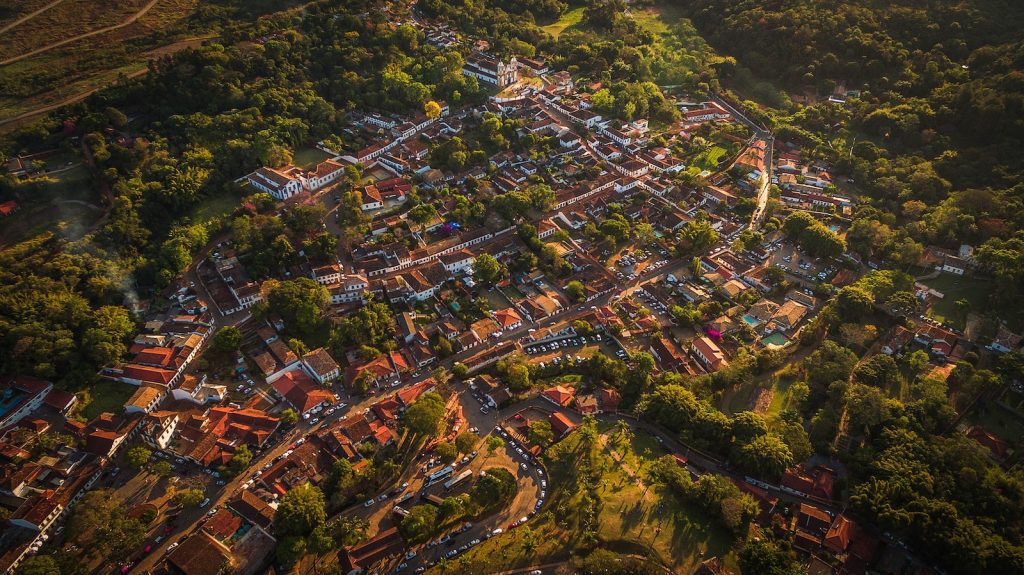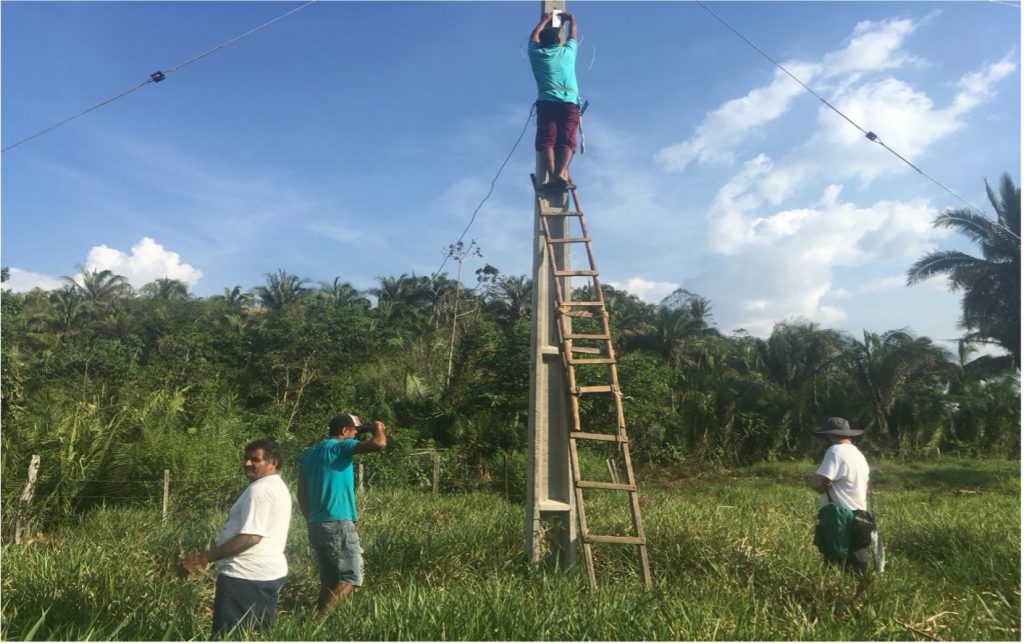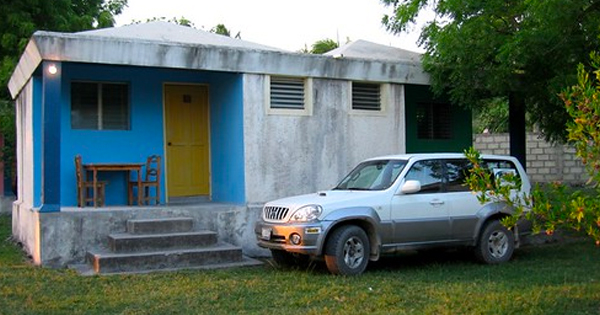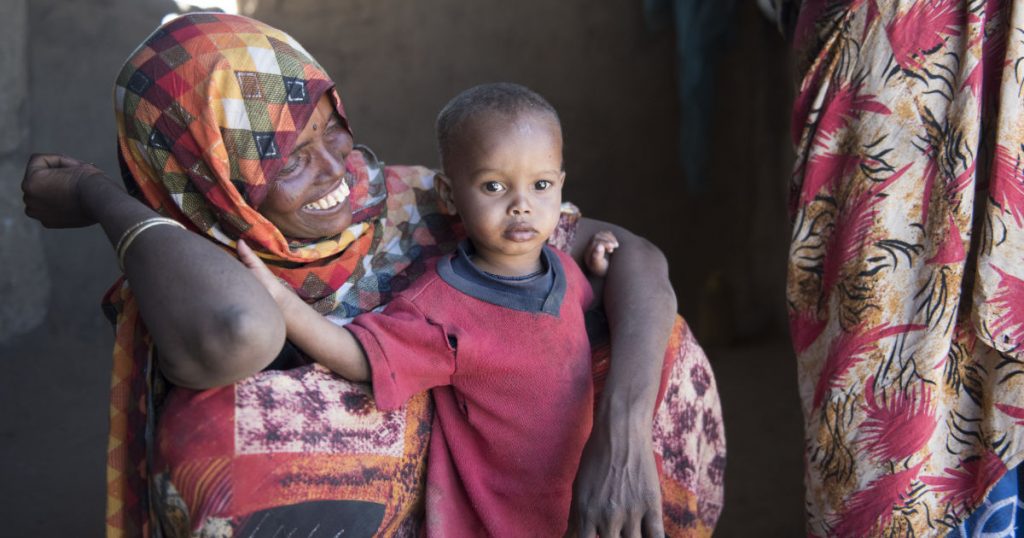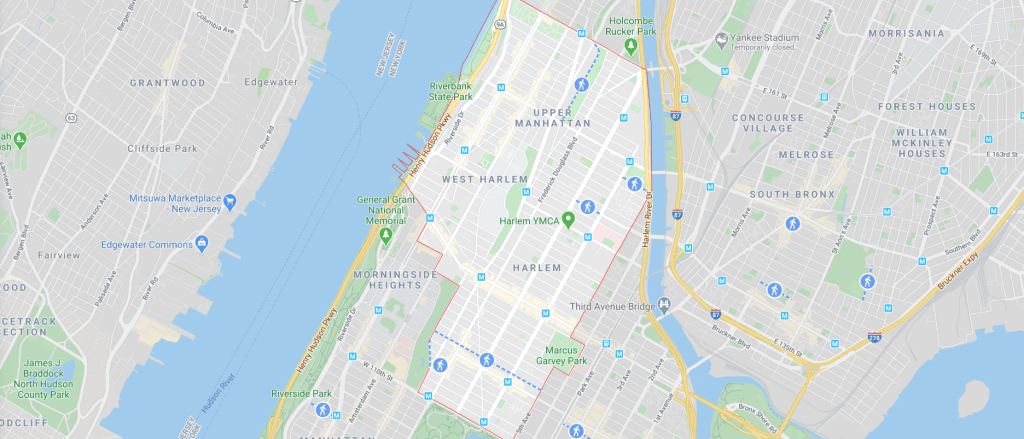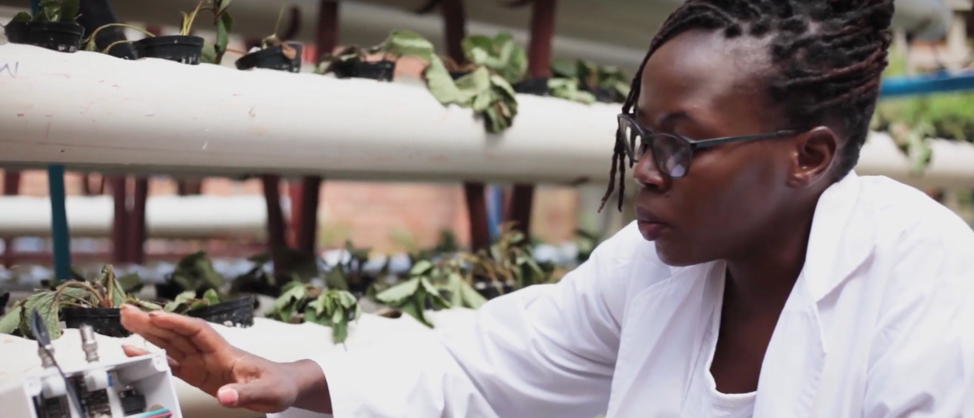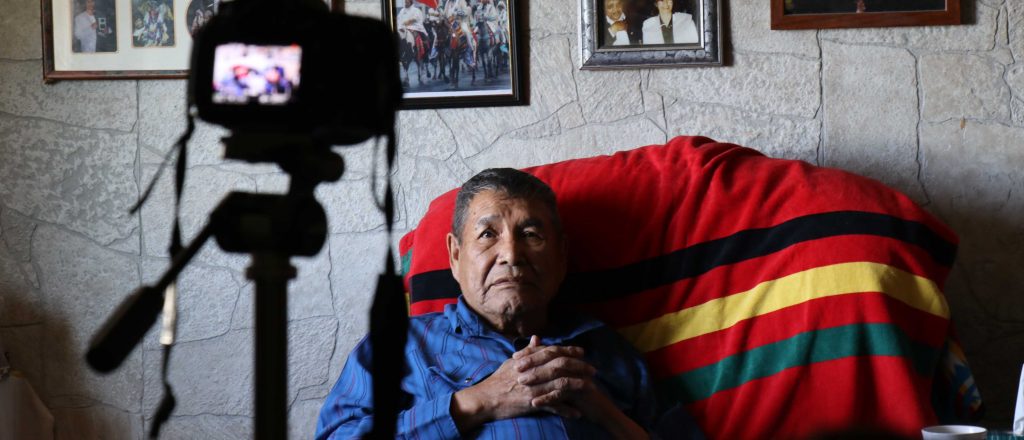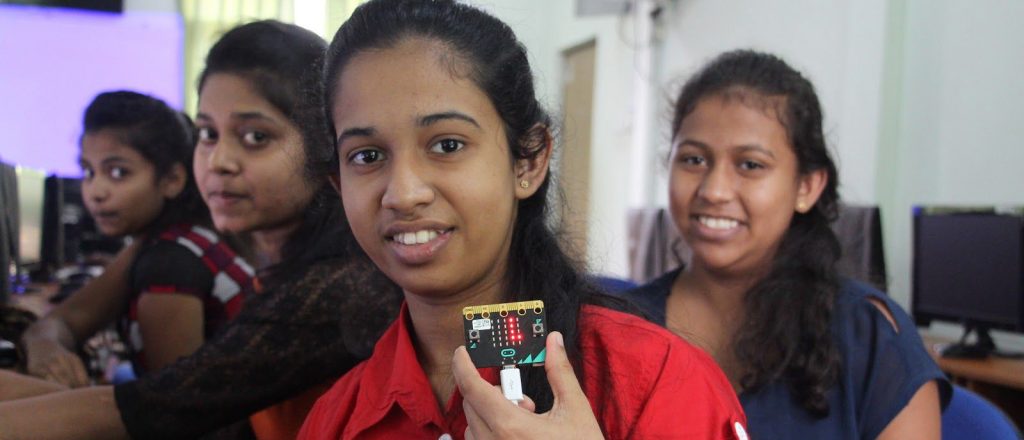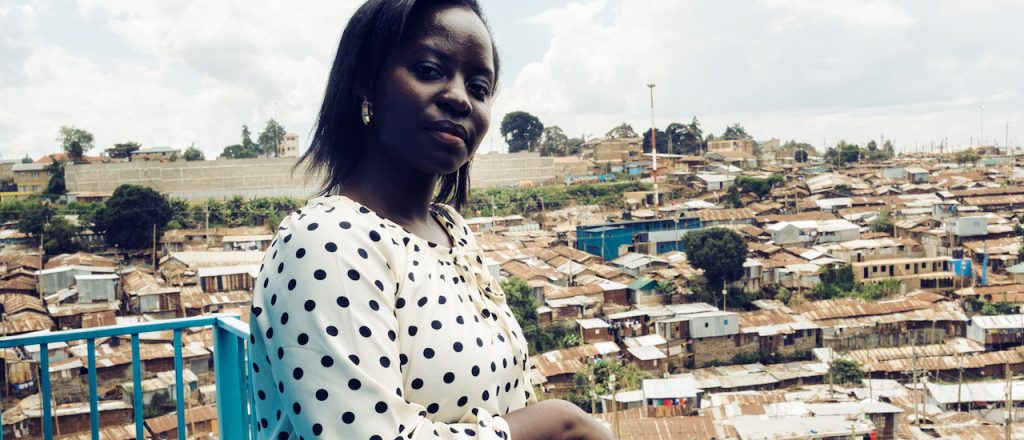Although website accessibility was a core principle in the use and development of the Internet, most websites are far from being accessible to everyone. In response, the project “Enhancing the barrier-free Internet through blind people empowerment”, aims to address this issue.
Read MoreBrazil is known for its complex bureaucracy and misunderstandings or attempts to avoid it have left many community networks operating irregularly or even illegally. As a result, many fear getting classified as ‘clandestine telecommunications services’, which can bring fines of $10,000 reais (USD $1,790) or imprisonment of two to four years.
Read MoreOn the fringes of the Amazon in northeastern Brazil, many communities live in fear of attacks by invaders who slash and burn forest to make way for illegal mining, cattle and soy plantations. This is also one of the country’s poorest regions and the low potential profits have left most communities without Internet access.
Read MoreLike many Haitian youth, Obed Sindy first accessed the Internet in a high school computer lab. In Haiti, the Internet is still considered a luxury, with just 32% of the population using it in 2018.
Read MoreTo help individuals and communities grapple with the impacts of COVID-19, the Internet Society Foundation recently awarded Beyond the Net Small grants and several projects focus on addressing challenges that have emerged in light of the pandemic: work, schooling and access to reliable health information.
Read MoreWhen COVID-19 hit New York City, the Streaming Station Community News Project was barely getting started, after receiving an Internet Society Foundation Beyond the Net grant for close to $30,000 in December 2019.
Read MoreAfter decades of steady decline, world hunger is on the rise. An estimated 821 million people in the world suffered from hunger in 2018, and Africa remains the world’s most food-insecure region. Similar to urban slums around the world, Zimbabwe’s densely populated slum of Mbare faces several challenges that affect the community’s access to food.…
Read MoreThere are an estimated 6,000 languages spoken globally, but according to the United Nations nearly half are endangered Only a few hundred have been given a place in education systems and the public domain. Less than a hundred languages are used in the digital world.
After centuries of colonization and discrimination, Indigenous languages face the greatest threats.
Read MoreIn Sri Lanka girls make up a little over 50% of the school population, but just 20% of those studying Information and Communications Technology. Girls in Technology, launched by the Internet Society Sri Lanka Chapter in 2018, wants to change that.
Read MoreIn one of the largest urban slums in Africa, people live in abject poverty. The nearly 200,000 residents of Kibera, located in Nairobi, Kenya, have an average income of a little over $1 a day, while many people lack access to basic amenities such as adequate medical care and clean piped water. In 2016 the Tunapanda Institute decided to address some of these issues.
Read More- « Previous
- 1
- 2
- 3
- 4
- Next »


